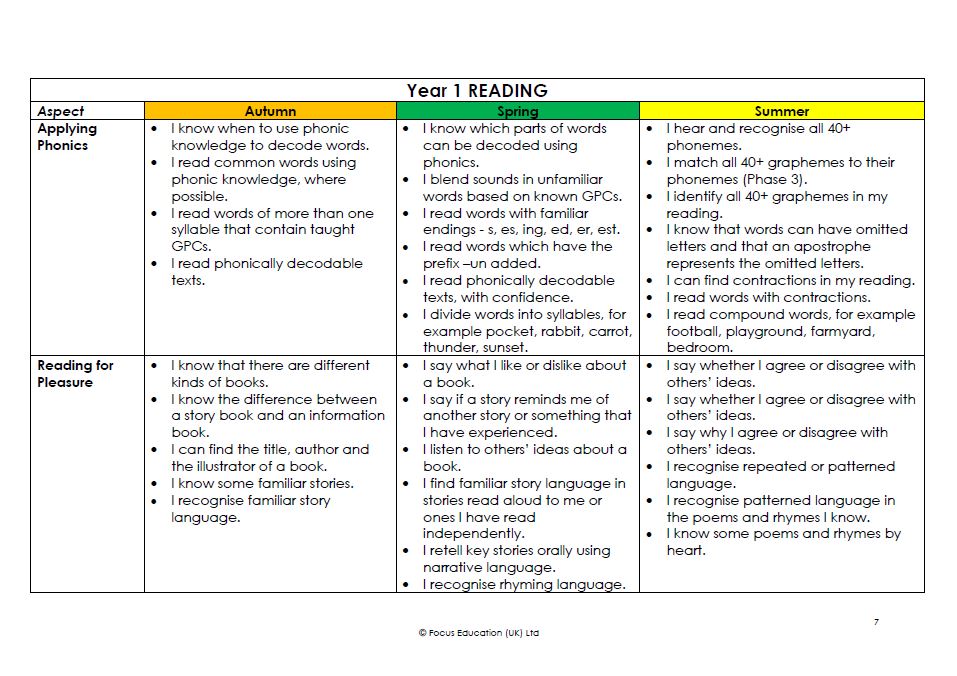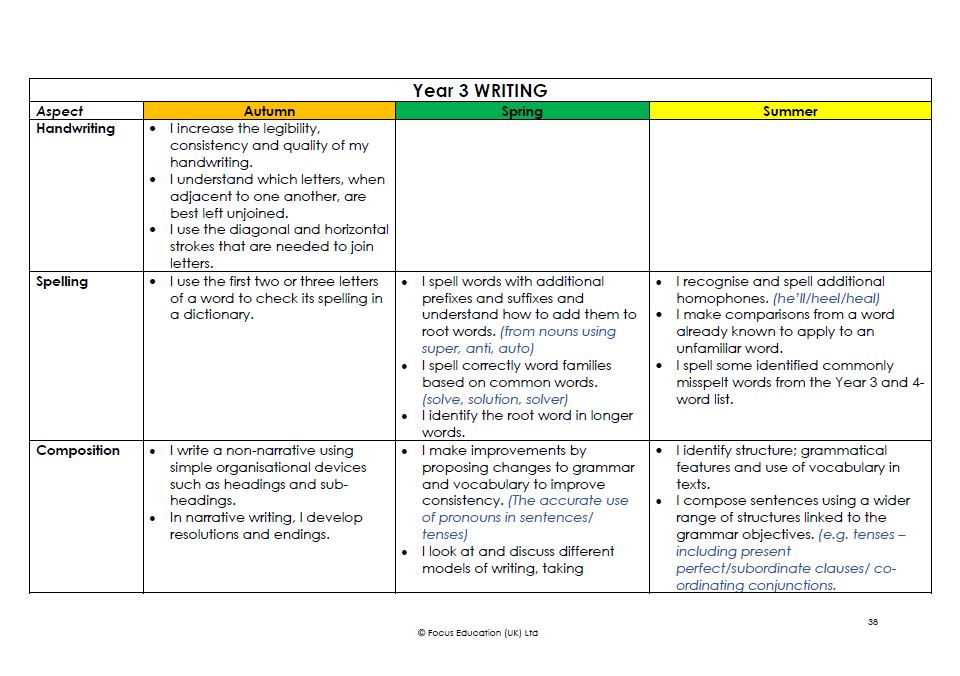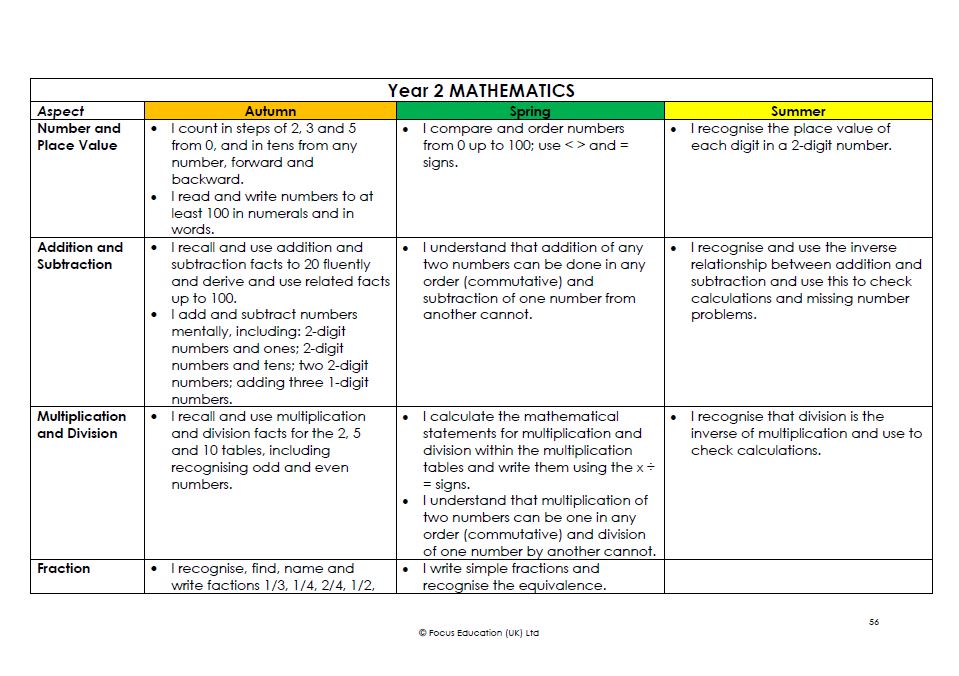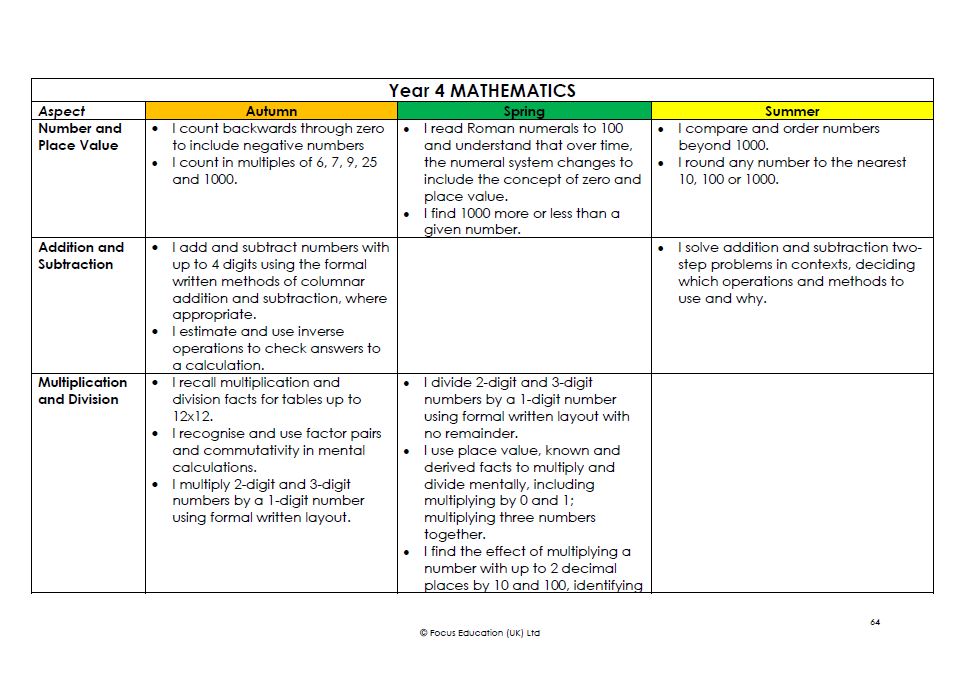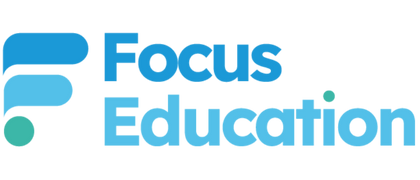Tracking Progress Towards National and Higher Standards: Term by Term Expectations
Tracking Progress Towards National and Higher Standards: Term by Term Expectations
Clive Davies
Couldn't load pickup availability
Description
This publication will help schools and academies track pupils' progress on a term-by-term basis, not just annually. The information should guide teachers in judging whether individuals are on track to meet the national standards for their year group. In addition, for each year group, the publication includes several statements about what constitutes working at a higher standard or greater depth. There is no definitive set of objectives for higher standards, but an attempt has been made to capture the level at which pupils need to be working to meet this greater depth.
Reading
The reading section takes account of pupils' ability at Key Stage 1 to decode words and apply their phonic knowledge. In later years, this outlines their ability to skim read and decode exception words, noting the unusual correspondences between spelling and sound. The section on pupils' comprehension skills is broken into reading for pleasure and reading for accuracy, fluency and understanding at Key Stage 1. At Key Stage 2, there are statements directly related to maintaining a positive attitude to reading and justifying their views.
At the higher standard, pupils are increasingly expected to recognise techniques and strategies used by various authors to create strong characters, a developing relationship between characters, and the ability to identify plot lines.
Writing
The writing section examines pupils' ability to deal with spelling, punctuation, handwriting (transcriptional skills) and compositional skills (including editing and proofreading). Compositional skills also include grammatical features and structure. There is a clear link between reading and writing. At the higher standard (greater depth), bright pupils are expected to use the techniques and strategies they have experienced in their reading and writing. They also need to be able to show sustainability and stamina.
Mathematics
Although there is a suggested progression on a term-by-term basis, the statements may need to be moved slightly between terms to take account of what has been taught each term. Not surprisingly, number features highly, as do the four calculation operations. Measurement and geometry play an important part, with algebra ratio and proportion being a feature in Year 6.
At the higher standard, pupils must use a range of skills, including logical thinking, to solve problems. Their ability to explain their reasoning is a significant feature of working at a higher standard, as is their ability to cope with more complex problems.
Useful Information
ISBN: 978-1-911416-09-8
Product Reference: TPPTT
Format: eBook
Pages: 77
Printing: Colour
Product Dimensions: 21 x 29.7 x 0.5cm
Publisher: Focus Education (UK) Ltd
Published Date: Mar 2017
The eBook will be sent via email link. If you choose to pay by card or PayPal, the link will be sent at once, automatically.
If you choose to pay against invoice, your order will be processed manually, and the link will be sent the same day or the next working day. If our email does not arrive, please contact our customer services team. Please check your email junk/trash/bulk folders first.
This product cannot be returned or refunded.
Focus Education resources must be used by the purchasing school, organisation or individual only. They are for use within one school or organisation and must not be used across a federation, academy trust, chain or any other collection of schools or organisations. Focus Education prohibits the distribution of the content of its resources either physically or electronically outside the purchasing school or organisation, including placing the whole or parts of a resource on social media or websites.
Focus Education resources must be used by the purchasing school, organisation or individual only. They are for use within one school or organisation and must not be used across a federation, academy trust, chain or any other collection of schools or organisations. Focus Education prohibits the distribution of the content of its resources either physically or electronically outside the purchasing school or organisation, including placing the whole or parts of a resource on social media or websites.
See Terms & Conditions.
Share
